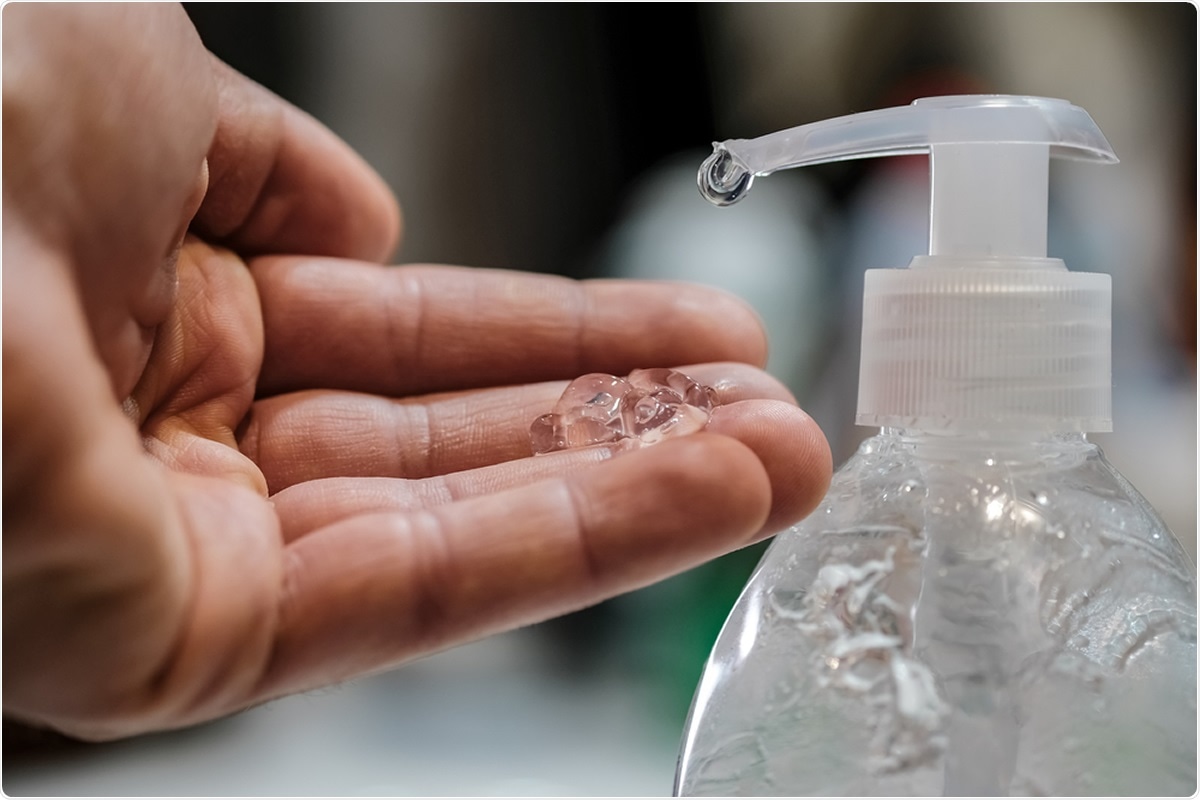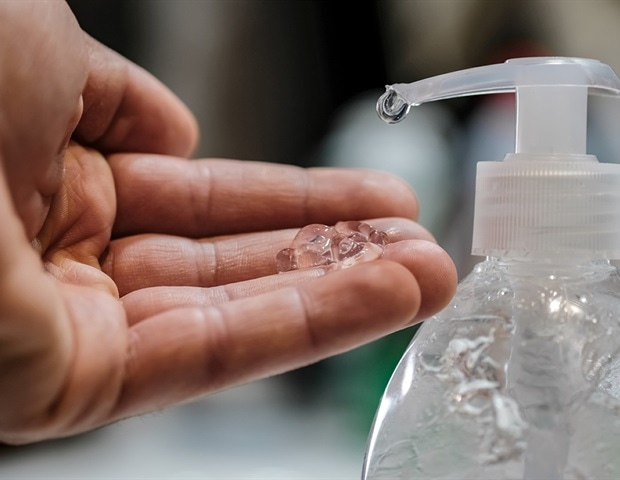The coronavirus disease (COVID-19) pandemic is still actively spreading in many countries, including the United States. There is still no approved treatment or vaccine against the severe acute respiratory syndrome coronavirus 2 (SARS-CoV-2), which causes COVID-19. However, effective infection control measures such as social distancing, proper wearing of masks, and regular handwashing can help contain its spread.
Now, the U.S. Centers for Disease Control and Prevention (CDC) released a new report that aims to determine if Americans wash their hands amid the threat of the coronavirus pandemic.
The study shows that Americans are washing their hands much more they did before the coronavirus pandemic. However, the groups who are less likely to remember to wash their hands on multiple occasions were white people, men, and those between the ages of 18 and 24.

The study
Hand hygiene is an essential measure to prevent the spread of COVID-19 and other infections. Public health efforts should promote regular hand hygiene for everyone, as it helps prevent infection and promote proper personal hygiene.
Amid the coronavirus pandemic, governments and health experts across the globe recommend that people should always wash their hands if they have respiratory symptoms, if they touched commonly-touched surfaces, before and after eating, and after using the bathroom.
Previous studies have shown moderate to high levels of self-reported handwashing among adults globally during the pandemic. Still, there is little information known about how handwashing behavior among Americans has changed since the emergence of COVID-19 in the country.
In the study, the researchers collected data between October 2019 and June 2020 on how adults remember to wash their hands in six situations – after using the bathroom at home, after using the bathroom in public, after coughing, sneezing, or blowing one’s nose, before eating at home, before eating at a restaurant, and before preparing food at home.
The team obtained data from over 7,600 study respondents. A total of 3,624 participants answered the ConsumerStyles survey between October 8 and 22, 2019, and about 4,053 respondents completed the survey between June 10 and 25, 2020.
Aside from handwashing behavior, the researchers also collected data about demographic characteristics, annual household income, household size, employment status, and perceived health status.
Higher levels of handwashing
The team has found significant increases in reported handwashing in June 2020, during the pandemic, compared with October 2019 in four out of six situations. Further, adults were 2.3 times more likely to remember to wash their hands after coughing, sneezing, or blowing their nose, two times more likely before eating at a restaurant, and 1.7 times higher before eating at home.
However, the team also revealed that men, young adults between the ages of 18 and 24, and white adults were less likely to remember to wash their hands in multiple situations.
The study findings highlight the importance of encouraging proper hand hygiene, particularly in groups reporting a low prevalence of remembering to wash their hands. The respondents also reported frequently washing their hands before preparing food at home both in 2019 and 2020, after using the bathroom at home, and after using a public bathroom. However, the less commonly reported remembering to wash hands in 2019 in situations like before eating at home, before eating at a restaurant, and after coughing, sneezing or blowing their nose, and these all improved in 2020 during the pandemic. During these situations, adults were more likely to wash their hands to prevent COVID-19 infection.
“Public health efforts should promote frequent handwashing for all, with attention to tailoring messaging to men, young adults, and non-Hispanic White adults. Particular focus should be placed on encouraging handwashing at important times, such as before eating and after experiencing respiratory symptoms,” the researchers wrote in the paper.
The CDC recommends infection control measures to prevent the spread of SARS-CoV-2, which has now infected more than 7.60 million people and killed over 212,000 in the United States. Globally, the number of cases topped 36.44 million, and the death toll has reached well over 1 million.
The CDC reports that the best way to prevent illness is to avoid being exposed to the virus. It urged people to frequently wash their hands, avoid close contact with other people, cover the mouth and nose with a mask, cover the mouth and nose when coughing or sneezing, and disinfect contaminated surfaces.
